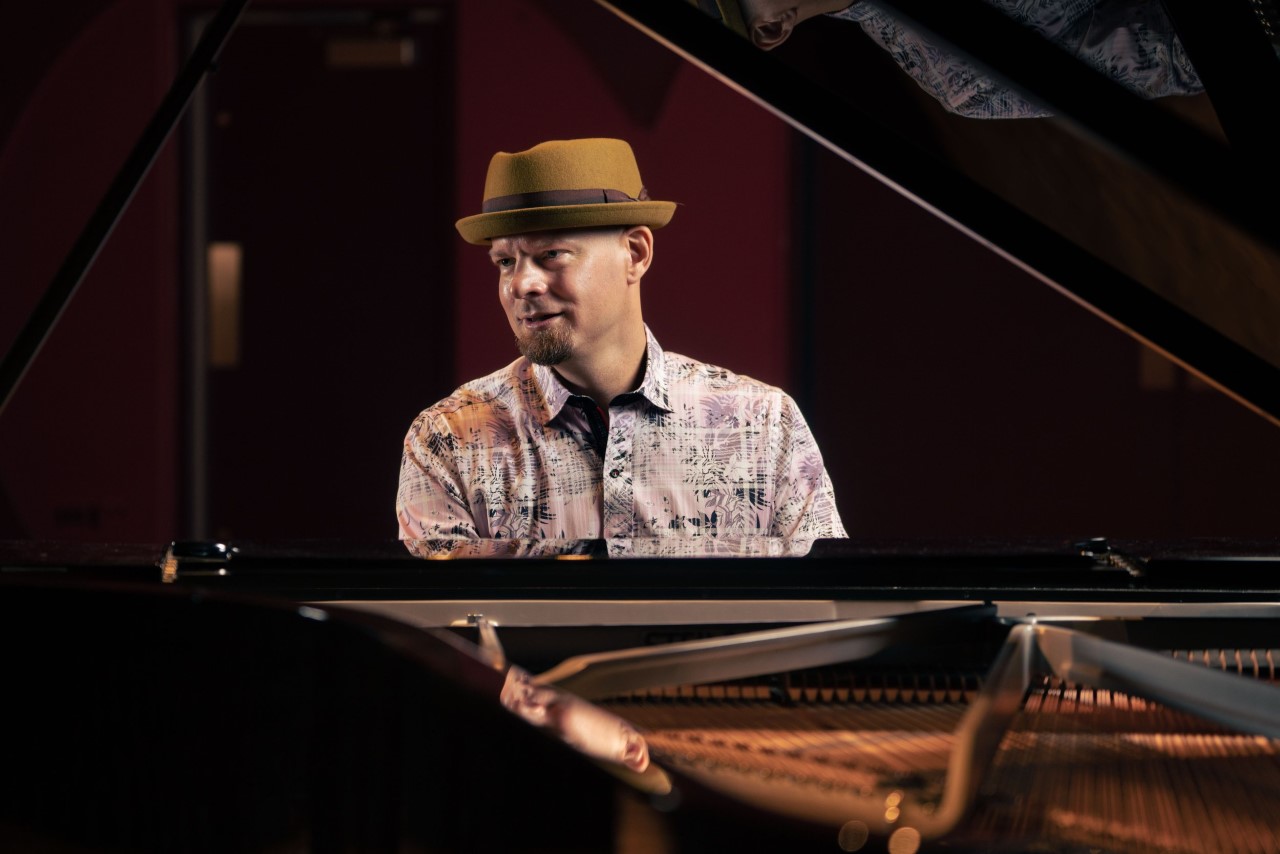We offer three pathways in Doctoral keyboard studies:
• Collaborative Piano
• Piano Performance
• Piano Performance & Pedagogy
Admissions
Please see the Graduate Admissions page for detailed information on application requirements. Be sure to review the “Graduate Application Guide” as well as the additional information for the Piano area.
Degree Requirements
For detailed information on coursework, exams, recitals, etc., please visit the Graduate Advising KnowledgeBase. Be sure to check out the Piano degree worksheets for specifics as well as a 3-year timeline and explanation of doctoral milestones.
Additional information:
Collaborative Piano
The D.M.A. is designed to train and prepare pianists to perform, teach, and coach the broad range of repertoire pertinent to this field and to do so at the highest artistic level. This individualized program is tailored to the experience level of the student entering and involves extensive study of both instrumental and vocal repertoire. Study of diction, languages, coaching and ensemble techniques will be emphasized. Students may “lean” toward vocal or chamber music; thorough preparation in both areas is essential.
Piano Performance & Pedagogy
The D.M.A. is a selective program designed for candidates predominantly pursuing a professional career in college teaching and combines high performance standards with diverse pedagogical offerings. Based on each candidate’s prior coursework and/or teaching experience, an individualized program is established to focus on areas of specialized research. Candidates gain practical teaching experience in private and group pre-college lessons, class piano for music majors and non-majors, private lessons for advanced college students, and college piano classes team-taught with UW piano pedagogy faculty.
Doctoral Minor – Required for all Doctoral programs
The purpose of the doctoral minor is to add breadth and depth to the DMA or PhD degree. To insure coherence a minor program must be approved by the appropriate department, a student’s advisor, and the Director of Graduate Studies, and must include courses at the 300-level or above. Typically, a minor requires 12 credits of work.
Students have a variety of options, including completing an internal minor within the School of Music (e.g., a D.M.A. conducting student who minors in ethnomusicology or a Ph.D. in music theory who minors in clarinet performance), completing a minor in a department outside the School of Music (e.g., a D.M.A. in horn performance who minors in Women’s Studies or a Ph.D. in ethnomusicology who minors in East Asian studies).
Students may, in consultation with the Director of Graduate Studies, devise a distributed minor that brings together courses from a variety of departments around a particular topic or area of interest. For example, a D.M.A. student in voice devises a minor in vocal health that includes courses in communicative disorders, or a Ph.D. student in musicology devises a minor in Medieval History that includes courses in art history, history, and languages.




